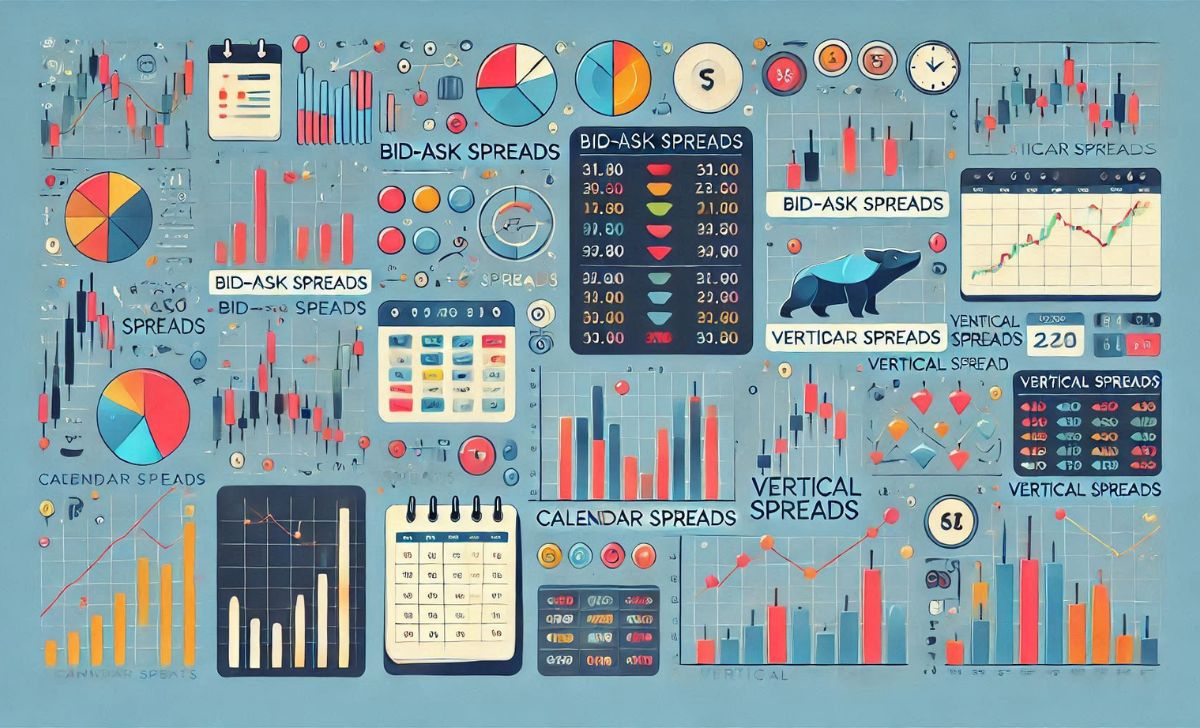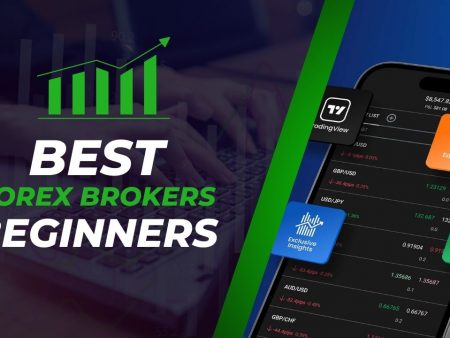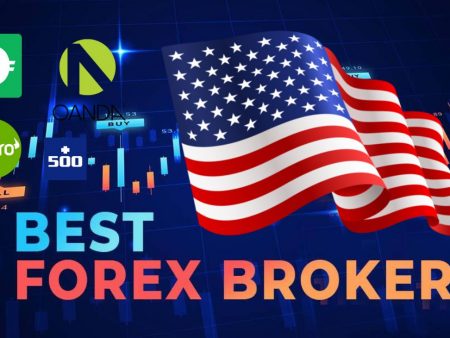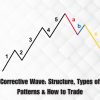Spread in forex refers to the difference between the bid price, at which traders can sell, and the ask price, at which traders can buy a currency pair. It represents the transaction cost of a trade and plays a critical role in determining overall profitability, especially for frequent traders.
The spread in forex is a fundamental concept that every trader must understand to make smarter trading decisions and manage costs effectively. Follow this article by Forex Bit to explore the intricacies of spreads and how they impact your trading success.
What is Spread in Forex?

The spread in forex refers to the difference between the bid price and the ask price of a currency pair. The bid price is the price at which you can sell a currency, while the ask price is the price at which you can buy it. The spread represents the transaction cost for traders and is typically measured in pips, the smallest unit of price movement in forex.
For example, if the EUR/USD currency pair has a bid price of 1.1050 and an ask price of 1.1052, the spread is 2 pips. While this might seem like a small amount, it can significantly impact your profitability, especially if you are a frequent trader.
Types of Spreads in Trading

Understanding the types of spreads can help you choose the right trading approach and broker for your needs:
Fixed Spread
Fixed spreads remain constant, regardless of market volatility. They are typically offered by brokers who operate as market makers. Fixed spreads are suitable for traders who prefer predictable trading costs, especially during times of high market volatility.
Variable Spread
Variable spreads fluctuate based on market conditions. During periods of high liquidity, spreads may narrow, while during volatile times, spreads can widen. This type is common among brokers who operate on a no-dealing desk (NDD) model.
Commission-Based Spread
In this model, brokers offer tighter spreads but charge a commission on each trade. This approach is preferred by professional traders who prioritize tighter spreads over commission-free trading.
Importance of Spread in Forex Trading

The spread in forex directly affects your trading costs and profitability. Here’s why it matters:
- Impact on Entry and Exit Points: The spread determines how much the market needs to move in your favor before you start making a profit. A larger spread means it takes longer to break even.
- Choosing a Broker: Different brokers offer varying spreads. Selecting a broker with competitive spreads can significantly reduce your trading costs.
- Trading Strategy: The size of the spread can influence your choice of trading strategy. For example, scalpers prefer brokers with tight spreads to maximize small, frequent profits.
Spread Trading Example
Let’s consider a simple spread trading example to understand its impact:
You decide to trade the EUR/USD pair. Your broker quotes a bid price of 1.1050 and an ask price of 1.1053. The spread is 3 pips.
- If you buy EUR/USD at 1.1053 and immediately sell at the bid price of 1.1050, you incur a 3-pip loss due to the spread.
- To make a profit, the market price must move beyond 1.1053 by at least 3 pips.
This example illustrates the importance of accounting for the spread when planning your trades, as it represents the initial cost you must recover before turning a profit.
Factors That Influence Spreads in Trading

Several factors can impact the size of the spread in forex:
- Market Volatility: During periods of high volatility, spreads tend to widen due to increased uncertainty in the market.
- Liquidity: High liquidity pairs like EUR/USD typically have tighter spreads, while exotic pairs may have wider spreads.
- Time of Day: Spreads can vary based on the trading session. For example, spreads are narrower during the London and New York sessions due to high trading activity.
- Broker Model: Market makers may offer fixed spreads, while NDD brokers often provide variable spreads.
Tips for Managing Spreads in Forex
To make better trading decisions and minimize costs, consider these tips:
- Choose the Right Broker: Look for a broker that offers competitive spreads and transparent pricing. Check if they provide fixed or variable spreads based on your trading style.
- Trade During High Liquidity Periods: Trading during active market hours, such as the overlap of the London and New York sessions, can help you benefit from tighter spreads.
- Avoid Overtrading: Frequent trades can lead to higher cumulative spread costs. Focus on quality trades with favorable risk-reward ratios.
- Use a Demo Account: Practice trading on a demo account to understand how spreads affect your trades before committing real money.
Spread in forex is a key factor that influences trading costs and profitability, making it essential for traders to understand. Spread in forex can vary based on market conditions, so learning to navigate these fluctuations is crucial. Learn Forex at Forex Bit today and gain the knowledge needed to optimize your trading strategies and succeed in the market.

As a Financial Blogger with over 5 years of experience, I specialize in providing insightful market analysis and practical tips for personal finance and trading. My in-depth articles and expert advice have helped readers make informed financial decisions and stay updated with the latest market trends.
Email: [email protected]












